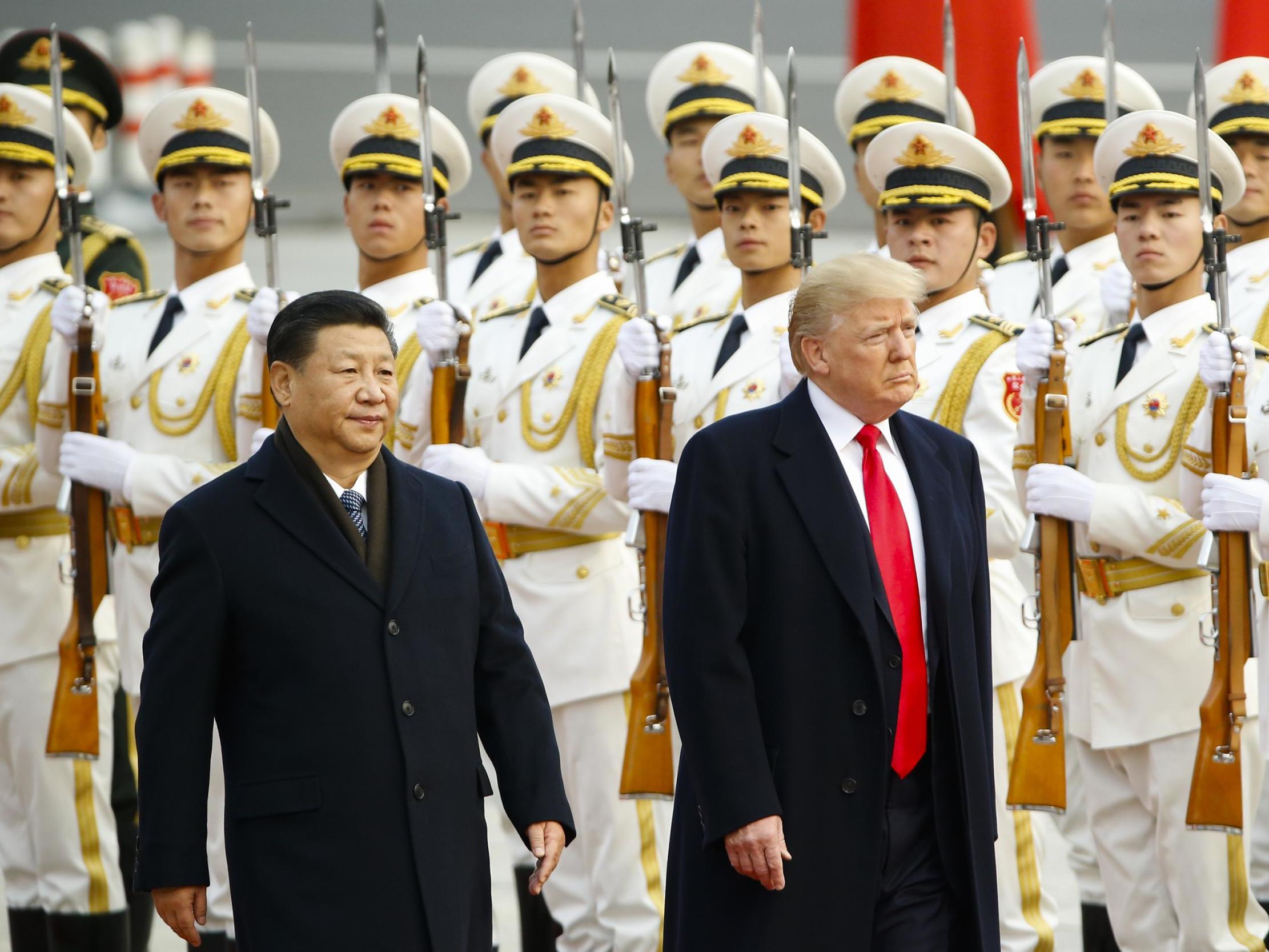Trump administration considers blacklisting another major Chinese technology firm, further inflaming trade conflict
Hikvision is world’s largest maker of video surveillance and supplies cameras to government for monitoring Xinjiang’s Uighur Muslims

The Trump administration is considering blacklisting another major Chinese technology company in a move that would broaden a US campaign to sever China’s access to American know-how and inflame a deepening trade conflict, according to an individual familiar with the debate.
Although no final decision has yet been reached, the administration is preparing to move against Hikvision, the world’s largest maker of video surveillance technology, the person said, speaking on the condition of anonymity.
The deliberations were first reported by The New York Times.
The disclosure comes less than a week after the administration barred US companies from supplying Huawei, perhaps China’s most prominent manufacturer, without first obtaining a US government license.
The administration earlier this week relaxed the ban, saying it would grant temporary 90-day waivers for US companies to help Huawei maintain its existing networks.
US officials are said to be eyeing the same penalty for Hikvision, using a Commerce Department mechanism known as the “entity list”.
Citing national security considerations, the US congress last year banned federal agencies from purchasing equipment made by Hikvision and four other Chinese technology companies: Huawei, ZTE, Hytera and Dahua.
The measure was triggered by “classified information the committee reviewed in the course of our regular oversight activities”, according to Claude Chafin, a spokesman for the House Armed Services Committee.
Hikvision supplies surveillance cameras that the Chinese government has deployed throughout the Muslim-majority Xinjiang region to combat what it describes as separatist terrorism.
Randall Shriver, US assistant secretary of defence for Asia, said earlier this month that the Chinese government is detaining 3 million Uighur Muslims in re-education camps. The authorities in Beijing describe the facilities as vocational training centres.
In an interview with Fox News on Tuesday, Cui Tiankai, China’s ambassador to the United States, denied reports of human rights abuses.
“They are real training centres,” he said. “They are not camps. They have open gates. There’s no armed guards. People could go home over weekend.”
Hikvision last month reported earning about $1.65bn (£1.3bn) on revenue of roughly $7.2bn (£5.7bn) in 2018.
In its annual shareholder letter, the company said it had faced numerous challenges last year but remained “upbeat about growth in the domestic and overseas markets in the years ahead”.
The administration’s intensifying campaign to limit China’s access to advanced US technologies comes as a year-long trade conflict defies hopes of an early settlement.

Despite the president’s continued pursuit of a trade deal, the administration has been cracking down on China in other realms.
The Justice Department in December indicted two hackers who allegedly worked with the Chinese Ministry of State Security, targeting companies holding advanced technologies with military applications.
The Commerce Department is drawing up new regulations to restrict US exports of 14 advanced technologies including robotics and quantum computing, in a move motivated by concern over China’s access to American innovations.
Some Trump administration officials want to disconnect American investors and companies from Chinese companies that help beef up the Chinese military, “Big Brother” surveillance networks or those that benefit from China’s alleged theft of US trade secrets.
Last year, the Commerce Department banned state-backed ZTE from doing business with American suppliers after the company violated the terms of an earlier enforcement action.
But the president reversed the ban, which would have crippled ZTE, after a personal plea from Chinese President Xi Jinping.
The episode illustrates that any move to sever Chinese companies’ links to the United States might cause collateral damage to the US economy.
ZTE spends about $2.6bn (£2.05bn) annually buying products from US companies such as Qualcomm and Intel. Huawei also relies heavily on American suppliers.
Administration officials recognise that the greater the number and significance of Chinese companies sanctioned, the greater the pain for US companies and their workers.
The Washington Post
Join our commenting forum
Join thought-provoking conversations, follow other Independent readers and see their replies
Comments
Bookmark popover
Removed from bookmarks